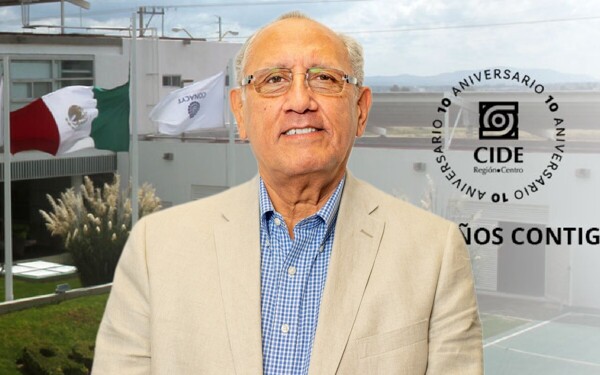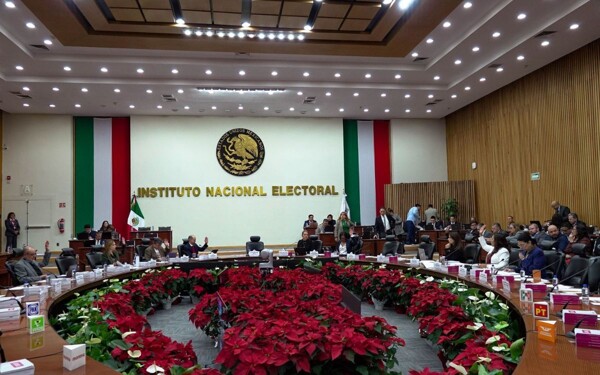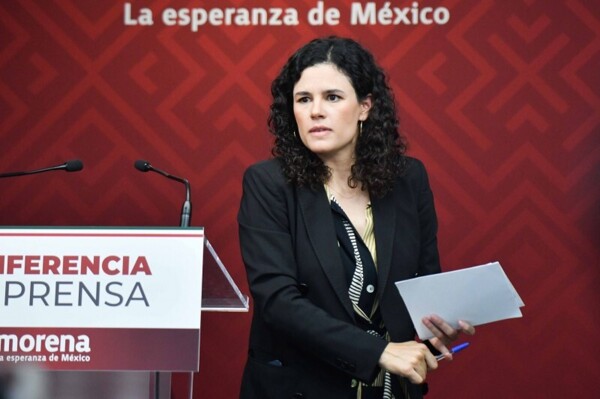
A resolution by the State Electoral Tribunal (TEE) that opens the door to a new local electoral reform initiative is causing a stir in the camps of Morena and the PRI-PAN coalition. This is due to the tribunal's close ties to the MC movement and its intention to impose a binding gender quota for both factions. According to information obtained by LPO, the TEE is preparing a ruling for the State Electoral Institute (IEEPC) to modify the 'affirmative action' on gender within the electoral reform. This is to be done through working tables with political parties and citizens. The situation is escalating as it runs parallel to the start of the 2026 budget negotiations. They would have until November 20th to begin these dialogues. A sector of the 'Fourth Transformation' (4T) in the state, as well as the opposition, believe this is a last-ditch effort by the state government (Palacio de Cantera) to impose that the candidate for governor and mayor be a woman, no questions asked. From the senator Waldo Fernández's circle—one of those potentially affected by these ambitions—they suggest this ruling could be overturned by the Regional Chamber of the Electoral Tribunal of the Federal Judicial Branch (Trife), where it would have to pass. Previously, this same chamber also rejected a similar gender imposition that had delegated the responsibility to the local Congress. Within Morena, the only ones supporting an electoral reform that promotes a female candidate are federal officials Clara Luz Flores and Tatiana Clouthier, who competed for the candidacy in 2021. The opposition is also concerned about this resolution, as they had postponed the gender issue to 2033 for the gubernatorial race and 2030 for municipalities, although their proposal was vetoed by the state government. The president of the TEE, Claudia Patricia de la Garza, is a close ally of the Executive branch and was even promoted by MC to reach the Trife's regional chamber, a situation that did not occur. Furthermore, the IEEPC is also believed to have ties with the state government.














